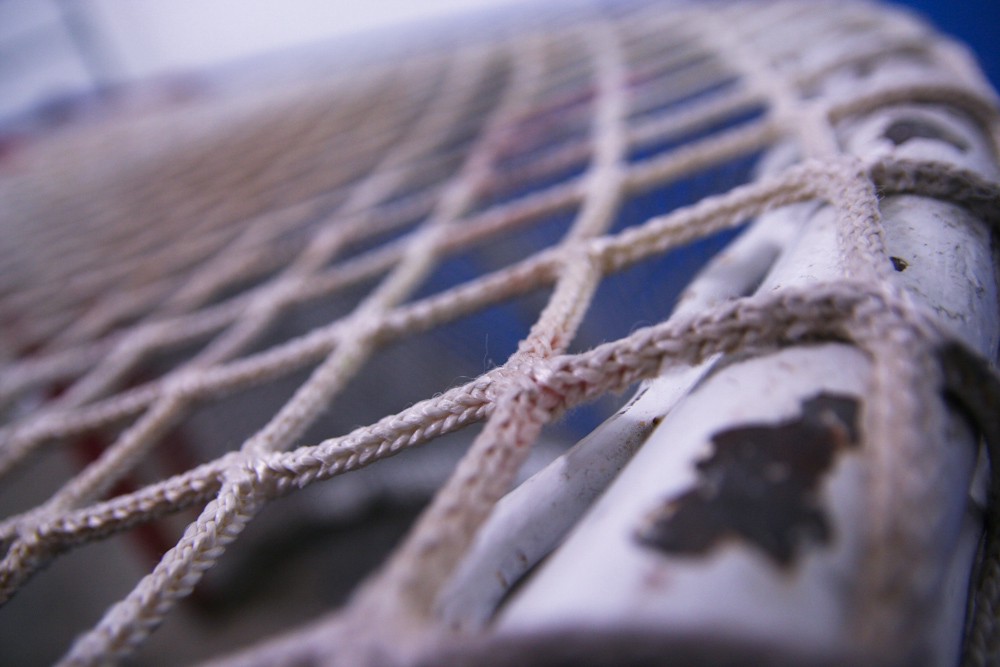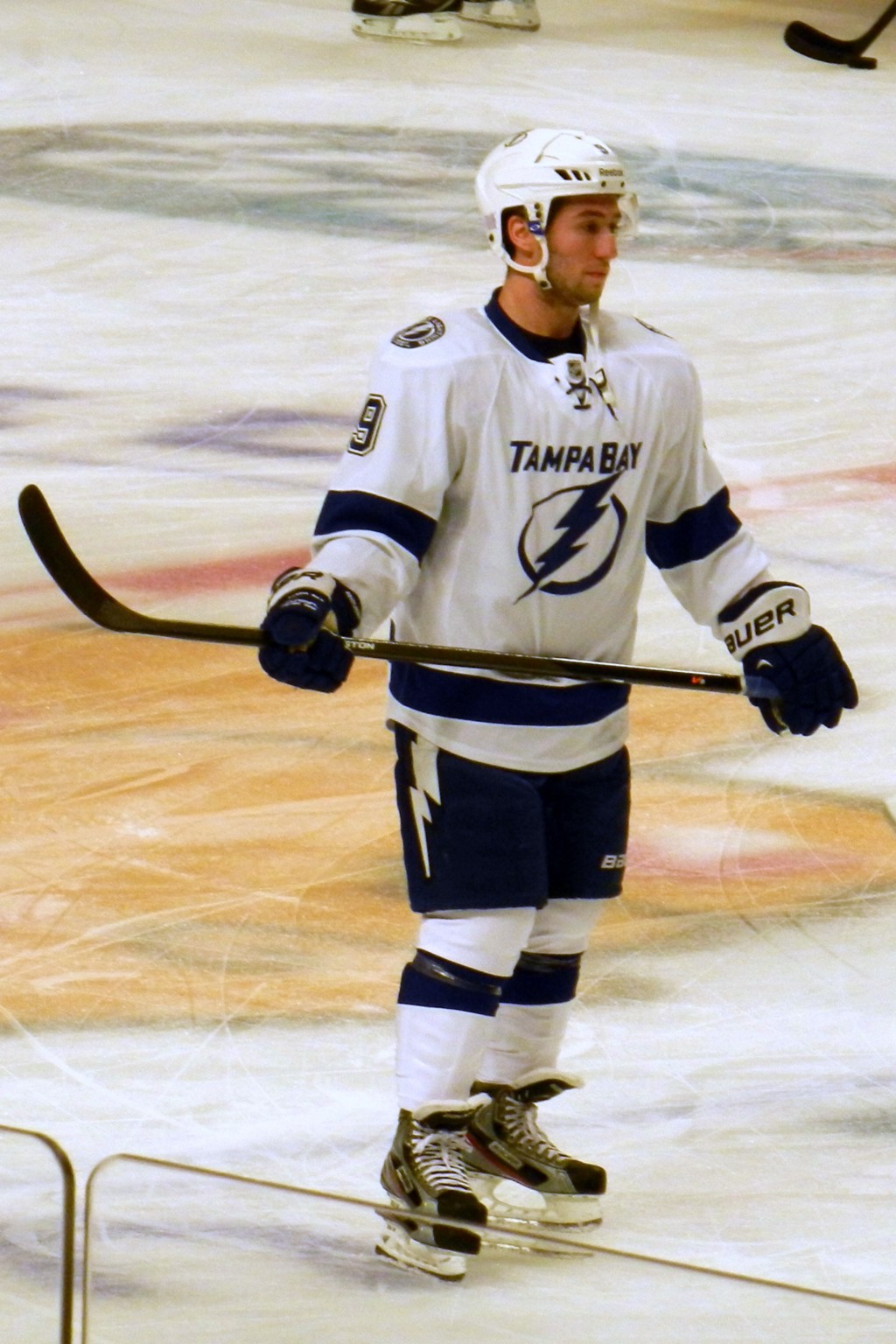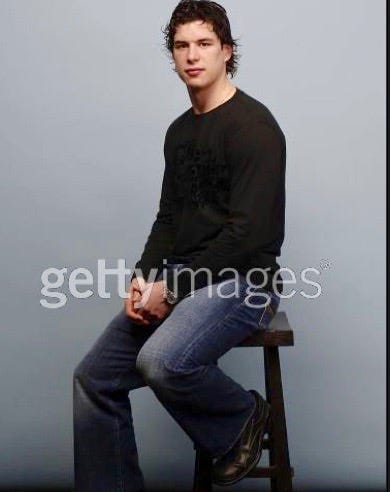Odd Man Rush: World Cup Edition
“Grit” Don’t Put The Biscuit In The Basket

A World Cup champion was crowned last week. Most Americans, even American sports fans, were oblivious. Canada won the 2016 professional hockey World Cup, a thirteen-day tournament held in Toronto’s Air Canada Center. The United States, a team expected to compete for the championship, logged an 0–3 record and finished eighth out of eight teams.
Dean Lombardi was the team’s general manager. Solid choice! His Los Angeles Kings won the Stanley Cup in 2012 and 2014. But then Lombardi picked John Tortorella, who failed at coaching the New York Rangers and then failed even harder coaching the Vancouver Canucks. What about the well-respected Cup winner Peter Laviolette or dual-citizen Jon Cooper who has quickly turned Tampa Bay from mediocrity into a bona fide Cup contender? A top U.S. college coach would have been a better choice.
“Torts” is best known for his anger: at refs, at the press, at his own players. He’s angry at fans and at himself. Angry coaches can work, if they use that anger unselfishly to positively affect players. Tortorella does not do this. His anger is real and precious and all his and he ain’t gonna use it to motivate his players, goddammit.
Hockey players look at their coach often during a game; they can’t help it, he’s standing right behind them. They look to him for mental energy. But if you look at Torts during a game, he often has a weird partial smirk on his face that reads as “nothing” or “I’m not home right now” or “I have a load in my pants.”

Lombardi and Tortorella then assembled a team that was pieced together specifically to beat Team Canada, who were an overwhelming favorite — even more than in past World/Canada Cups. They repeatedly called the group “gritty” like sandpaper, and “mentally tough” like world-class chess players.
The roster had some obvious choices, like electric forward Patrick Kane (who did zilch in the tournament), solid all-around defenseman Ryan McDonagh, and the big, fast, and talented d-man Dustin Byfuglien, who was scratched from the team’s first game, a 3–0 loss to Team Europe — a move that made zero sense to pretty much every hockey person in the world. Byfuglien would have been a top-four d-man on Canada, for chrissakes.
Also on the team was Brandon Dubinsky, somewhere around the 200th best player in the league. He was there for one reason: to check and torment Team Canada captain and best player in the world, Sidney Crosby. (This is something Dubinksy has excelled at in his career.) In another bizarre decision, Lombardi and Torts scratched him in the Team Canada game. Maybe he butt-ended Crosby in the balls in the parking lot after the game?
Many US hockey fans (aka my friends) moaned about the “skill” players left off the USA roster. I thought there was only one glaring snub: Tampa Bay’s number one center, Tyler Johnson.

In 47 playoff games, Johnson has 21 goals, 21 assists, and a +14 on-ice rating. He’s a great passer-playmaker. And he plays a lot of the game in front of the opponent’s net, getting hammered by six-foot-four, two-hundred-twenty-pound d-men constantly. But apparently he wasn’t considered “gritty” enough for Lombardi and Tortorella.
Last week, It was win-or-else for Team USA’s game against Canada: time to put their “tougher, grittier team” theory into action. (One wonders what all the Canadian players — many of whom grew up and worked on family farms — thought of this mantra.) Canada scored three goals so quickly and easily in the first period that it buried the Americans morally and forced Tortorella into “smirk mode” for the rest of the game.
This contest, despite a misleadingly close 4–2 result, was the most lopsided hockey game I’ve watched since the Soviet Union vs. whomever from the Winter Olympics in the nineteen-eighties (post-“Miracle on Ice” of course).

Team USA looked like a real blue-collar team — a team of construction workers playing a beer-league game. It reminded me of one of the old Harlem Globetrotters against the patsy New Jersey Tomatoes basketball games from the early seventies. Canada is just still that much deeper and better at hockey than the USA.
The Canadians beat Team Europe in two straight games in the best-of-three finals. Both games were close for two reasons: Slovakian goalie Jaroslav Halak was damn good, and Team Europe clogged the neutral zone to slow the game down like the New Jersey Devils did when the won their three Stanley Cups. It was boring-ass hockey, even for Mr. Diehard here.
Team USA went on to lose the Czech Republic, the seventh-ranked team out of eight, with a score of 4–3, continuing a tournament trend of blasting wide-open forty-foot one-timers two-three feet wide of the net. But, to be sure, they were shooting the puck toughly, with much grit.
_____
NOTES:
The best ever tournament of this kind was the 1987 Canada Cup. The Soviet Union sent a great team stacked with skilled fast sharpshooters. Their only weakness was where their three-headed hydra of Vitali Samoilov, Sergei Mylnikov, Evgeny Belosheikin didn’t add up to even half of a Grant Fuhr. Meanwhile, Canada had Wayne Gretzky and Mario Lemieux, in their prime, playing together for the first time ever. The three-game final matchup against the USSR was some of the best hockey I’ve ever seen. The Soviets won the first game 6–5 in overtime. Canada won the second game 6–5 in double overtime on a Lemieux goal off a perfect Gretzky feed. Game three went down to under two minutes left when Gretzky set up Lemieux beautifully on a 2–1 for the game and tournament-winning goal:
ESPN’s Steve Levy’s awful play-by-play announcing forced me to watch the games without sound. He constantly called plays wrong, calling a slap pass a missed slapshot and habitually missing calling the names of players shooting, defending, etc. This was an announcer who didn’t do his basic homework before the tournament.
